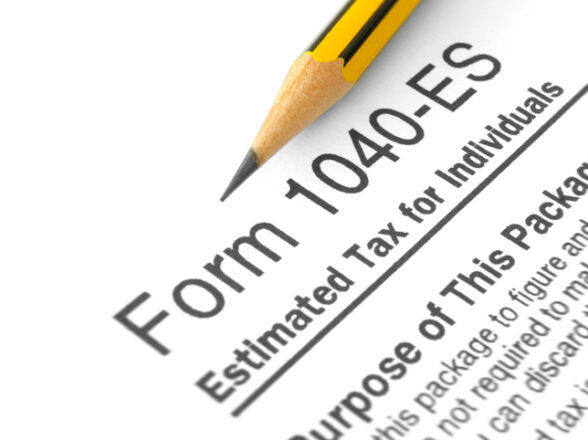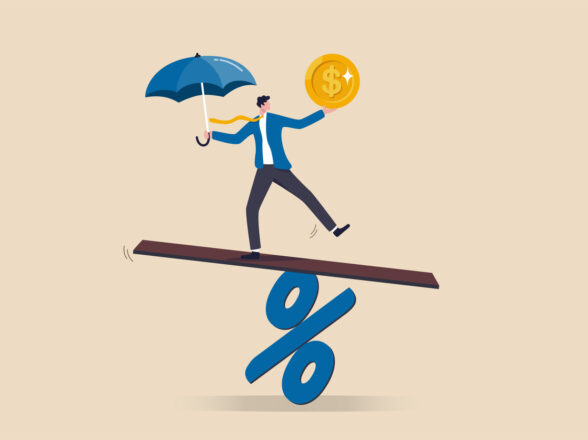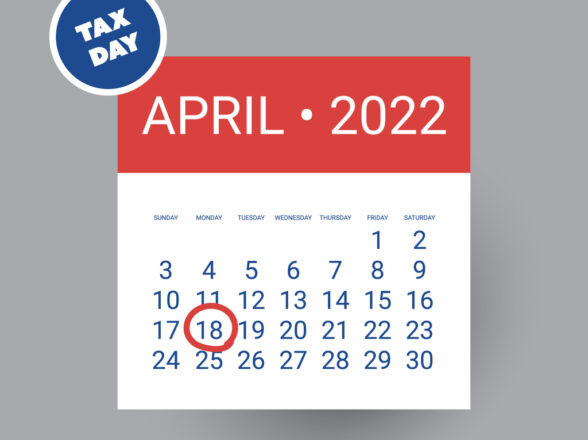Blog
Thoughts on Inflation & the Markets

One of the hottest topics today is the idea of inflation, and of course how that might affect the markets. Make no mistake, we have been concerned about inflation ever since the onset of the COVID-19 crisis just over a year ago. Turns out, we were correct to flag this as a problem and position portfolios in a way that could take advantage of this dynamic playing out. Now, however, the markets might just be signaling that the fears of hyper-inflation and the corresponding headwinds might not play out so negatively.
They Decide
For perspective, in August of 2020, the U.S. Federal Reserve announced that it welcomes the idea of inflation running higher than normal in order to support the labor market and broader economy. This was clearly a policy shift to allow inflation to run above the Fed’s 2% target goal before increasing short-term interest rates in an attempt to combat higher prices. The bottom line is, the Fed needs a good economy, almost at any cost. Unless and until the world stops lending us money to finance our huge budget deficits and free money giveaways, we expect the printing presses to roll on in support of our debt addition. Will this lead to a sharp increase in prices across the board? Only the history books will get it right because the outcome of this grand experiment in eliminating down economic cycles is anyone’s guess.
Nothing to See Here
These robust changes to the Fed’s long-standing inflation policy further illustrates the importance of understanding how inflation is reported and how it can affect your investments.
So what exactly is inflation? Inflation is defined as an upward movement in the average level of prices. Each month, the Bureau of Labor Statistics releases a report called the Consumer Price Index (CPI) to track these fluctuations. It was developed from detailed expenditure information provided by families and individuals on purchases made in the following categories: food and beverages, housing, apparel, transportation, medical care, recreation, education and communication, and other groups and services.
How Applicable Is the CPI? While it’s the commonly used indicator of inflation, the CPI has come under scrutiny. For example, the CPI rose 1.4 percent for the 12-months ending in January 2021 – a relatively small increase. However, a closer look at the report shows movement in prices on a more detailed level. Used car and truck prices, for example, rose 10 percent during those 12 months. More than a few smart investment folks we watch and listen to have a big problem with how the government measures and reports inflation through the CPI. And truth be told, we can’t disagree to any large extent. Ask the average American if they are paying more for goods and service across the board and the answer is probably something along the lines of, “You bet I am!”
As inflation rises and falls, three notable effects are observed:
First, inflation reduces the real rate of return on investments. So, if an investment earned 6 percent for a 12-month period, and inflation averaged 1.5 percent over that time, the investment’s real rate of return would have been 4.5 percent. If taxes are considered, the real rate of return may be reduced even further.4
Second, inflation puts purchasing power at risk. When prices rise, a fixed amount of money has the power to purchase fewer and fewer goods.
Third, inflation can influence the actions of the Federal Reserve. If the Fed wants to control inflation, it has various methods for reducing the amount of money in circulation. Hypothetically, a smaller supply of money would lead to less spending, which may lead to lower prices and lower inflation.
When inflation is low, it’s easy to overlook how rising prices are affecting a household budget. On the other hand, when inflation trends higher, it may be tempting to make more sweeping changes in response to increasing prices. As always a comprehensive financial plan can help you navigate through times, such as higher inflation,
We Have Answers
Fortunately we have an extensive number of financial tools we can use to help you navigate through these uncertain times that could bring inflation to the front and center. Please reach out to us and let’s see if you are in a good spot to handle the inflation no matter which way it materializes.




































































































































